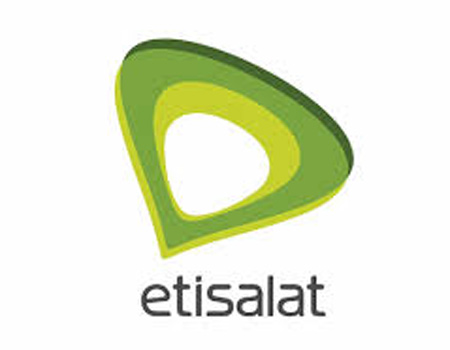According to him, the debt has a -12 per cent estimated impact on banks’ profitability, meaning that the profit any of these lenders have declared in recent time, is reduced by as much as the per centage point.
In the area of impact on Equity, Rewane and his team of analysts are convinced that it has consumed an estimated -2per cent of shareholders’ funds, whereas there is a modest hit of 0.3per cent on capital adequacy of the 13 lenders.
In his July 2017 Lagos Business School (LBS) executive breakfast session publication titled: “Is this Recovery for Real?” Rewane stated that banking industry stability has been a lagging economic variable, characterized by Commodity shock; Economic slowdown; Currency Adjustment and Banking cross-border risks.
Etisalat Nigeria has been involved in a battle with a consortium of 13 Nigerian banks which it owes a $1.2 billion loan facility after it notified the banks of its inability to finance the debt due to Nigeria’s foreign exchange problems.
Meanwhile, the Central Bank of Nigeria has appointed a deputy governor of the bank, Dr. Jospeh Nnana as the chairman of Etisalat Nigeria. Dr Joseph Nnana replaces Etisalat’s founding chairman Hakeem Belo-Osagie who resigned from the board the previous week.
The latest move by the CBN aligns with the Nigerian Communication Commission’s looking to see Etisalat remain a going concern and resolve its key issue of indebtedness, while putting in a transition process on mutually agreed terms.
Etisalat of Abu Dhabi, the minority shareholder of Etisalat Nigeria and the brand owner has withdrawn and warehoused its stake in the local telecom unit, but is yet to reach a decision on the use of its brand in Nigeria.
Reports from sources knowledgeable on the matter confirm that the new management has six months to work out Etisalat’s issues, after which the new board will have to decide whether to sell the company or work out a merger with another player.
According to bank officials, they had financed the import and purchase of the operator’s towers through Huawei of China to help build the infrastructure backbone for Etisalat. But when the telco earned hard currencies from the sale, Etisalat failed to repay their Dollar loans as was done by other telcos like MTN and Airtel.







